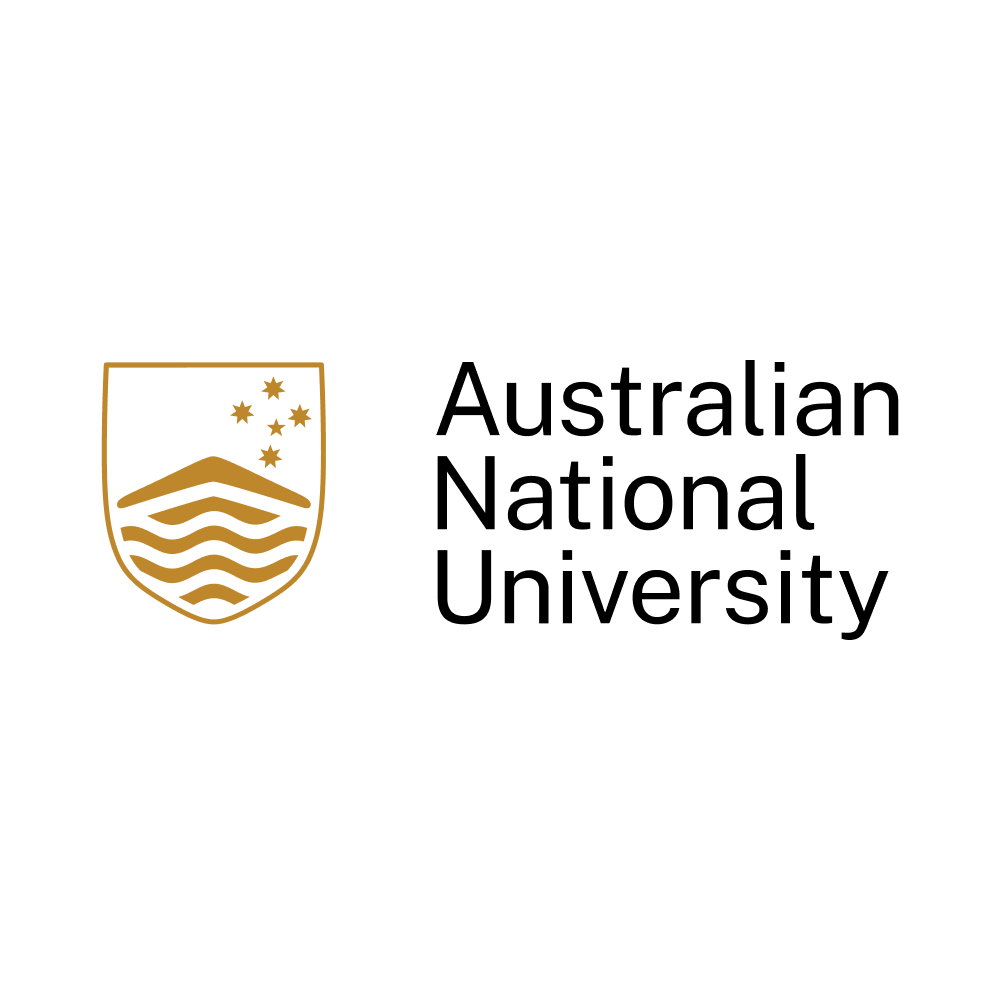Australian National University
Master of International Relations
- Delivery: Face to Face
- Study Level: Postgraduate
- Duration: 24 months
- Course Type: Master's
Acquire a solid foundation in essential skills for managers and analysts in foreign affairs, international trade, defense and national and international security.

Course overview
Studying international relations at ANU means you will be studying the best program of its kind in Australia and graduating with one of the world's most respected degrees in this field. The Master of International Relations program in Australia is the only international relations program that blends a concern with global politics, leading disciplinary innovations in thought and practic and an engagement with the Asia-Pacific region. The program equips you with a keen understanding of the pressing issues of our time by providing you with access to globally recognised experts in face-to-face seminars.
In this degree, students will learn to make sense of the significant political and security trends in the region and the world and come to terms with the important debates in the field of International Relations. The Master of International Relations encourages and equips students to form their world views and generate their own analyses of the important issues shaping our world today.
Key facts
What you will study
To qualify for the Master of International Relations, a student must complete 72 units.
Select 36 units of flexible core topics from the list below.
Flexible Core
Select 36 units from the below where indicated in the program of study above.
- Debating International Relations
- Emerging Digital Futures
- Applying Policy Skills and Analysis
- Critical Approaches to International Relations
- Understanding Research
- Contemporary Conflict Zones
- Individual Supervised Study
- Advanced Research Methods
- Security in the International System
- Governing East Asia in the 21st Century
Entry Requirements
Admission Requirements
Applicants must typically hold a bachelor's degree or equivalent qualification from an approved tertiary institution.
Students who have completed a Graduate Certificate in International Relations, a Graduate Certificate in Public Policy, a Graduate Certificate in Public Administration, or an approved equivalent but not an undergraduate degree must also meet a GPA requirement.
However, the Dean (Education) may admit others who can show evidence of fitness for candidature under certain circumstances and subject to specific conditions.
Outcomes
Learning Outcomes
- Integrate concepts, theories, contemporary trends and developments in international relations using advanced abilities.
- Evaluate complex information to appropriately address problems and challenges in international relations.
- Combine appropriate critical research and evaluative skills in relation to the theory and practice of international relations.
- Justify knowledge, skills and ideas to specialist and non-specialist audiences.
Career Outcomes
- Policy Director
- Consultant
- Development Specialist
- Director General
- Executive Director
- Manager
- Chief Operating Officer
- Impact Manager
- General Manager
- Fundraising & Philanthropy Director
- Engagement Director.
Fees and FEE-HELP
FEE Information not provided.
The annual indicative fee is based on a full-time study load of 36 units.
A student’s annual fee may vary in accordance with:
- The number of topics studied.
- Choice of topics.
- Credit from previous study or work experience.
- Eligibility for government-funded loans.
Student fees shown are subject to change. Contact the university directly to confirm.
FEE-HELP loans are available to assist eligible full-fee-paying domestic students with the cost of a university course.








